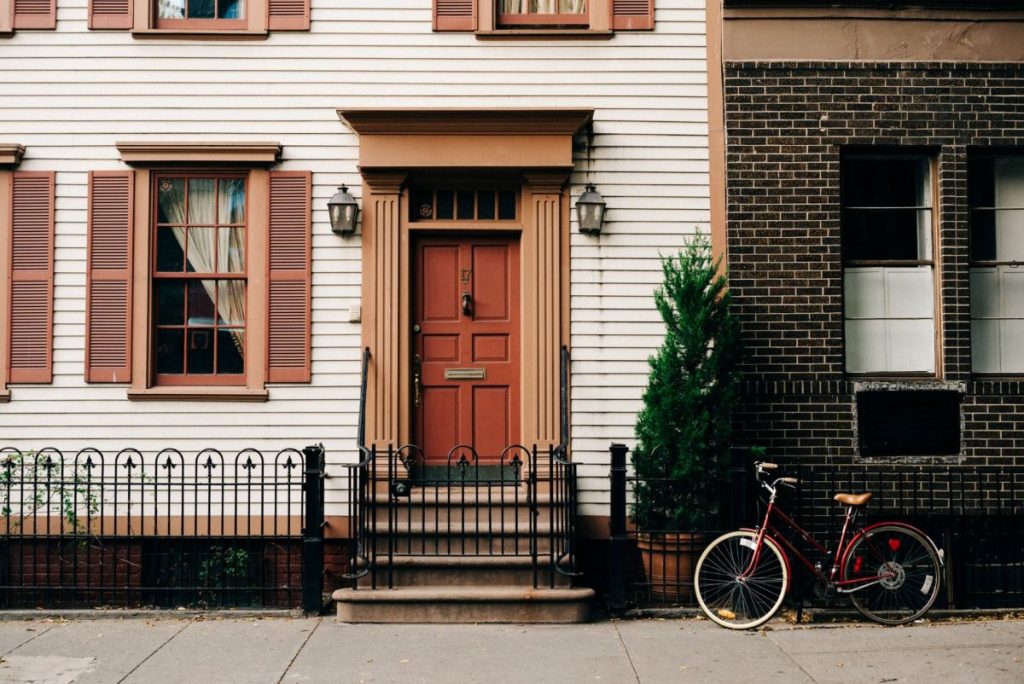
In an effort to slow down the spread of the coronavirus many states and municipalities have issued ‘Shelter in Place’ orders.
The initial release of such news had an ominous feel, and caused a lot of Americans to question where they can and cannot go.
Rest assured you and your family can get the care you need under the new restrictions, and we can tell you exactly what that entails.
In a nutshell, “shelter in place” means to stay home unless absolutely necessary.
The problem comes in when people begin defining what is “essential” business.
North and South Dakota, Nebraska, and Iowa are the only states in the US that have NOT enacted stay at home policies, according to The New York Times.
Italy has set a 6pm curfew, while China has banned individuals from leaving their homes for any reason, even to get groceries.
Asking a nation to stay home unless it is absolutely necessary is an aggressive move by our elected officials, but may be a matter of life and death, according to a recent grim prediction reported by Fox News.
So here are more specifics on what states mean when they enact shelter in place policies.
Going outside is not dangerous in and of itself, and is advisable for families with little ones that need to let out energy, or adults who need to not feel like the walls are closing in on them.
For safety reasons, you should stay on your property and maintain a six foot distance from neighbors; which is like trying to separate the sand from the beach when both families have kids.
Exemptions to leave the home include tasks relating to one’s health, work, or to get food.
Health tasks government agencies see as necessary are picking up prescriptions, going to medical appointments, and even to exercise as long as people maintain a six-foot distance between one another and don’t gather in groups of more than ten.
Traveling to obtain food is permitted, and this includes picking up to-go orders at restaurants, convenience stores, and grocery stores.
Almost every state has declared alcohol establishments essential, and have allowed restaurants to add alcoholic beverages to take-out orders.
Child-care is an essential business. Babysitters are still allowed to come to the home, and traveling to take care of an elderly person or an individual with special needs is also permitted.
Basically, getting to the salon when your dead ends are far past manageable is not considered essential business, no matter how important it is to your mental health.
On the other hand, bringing groceries to your grandparents or going to the store to snag the last roll of toilet paper on earth is essential.
You may think everyone is over-reacting about the coronavirus and the severity of its effects, but if you don’t abide by the shelter in place policies you could be subject to hefty fines or jail time!
In Maryland, if law enforcement officials catch you violating the safety measures put in place you could face up to a year in jail, a $5,000 fine, or both, reports the Washington Post.
Governor Larry Hogan (R) of Maryland said, “We are no longer asking or suggesting Marylanders to stay home. We are directing them.”
A man in Charles County was arrested for inviting 60 people over to his house for a bonfire, showing how the mandated prohibition of gatherings is serious and enforced.
Gov. Ralph Northam of Virginia said he doesn’t plan on stopping people driving or out in general to see if they are complying with the safety policies, but will enforce jail time or fines if citizens are caught in violation.
